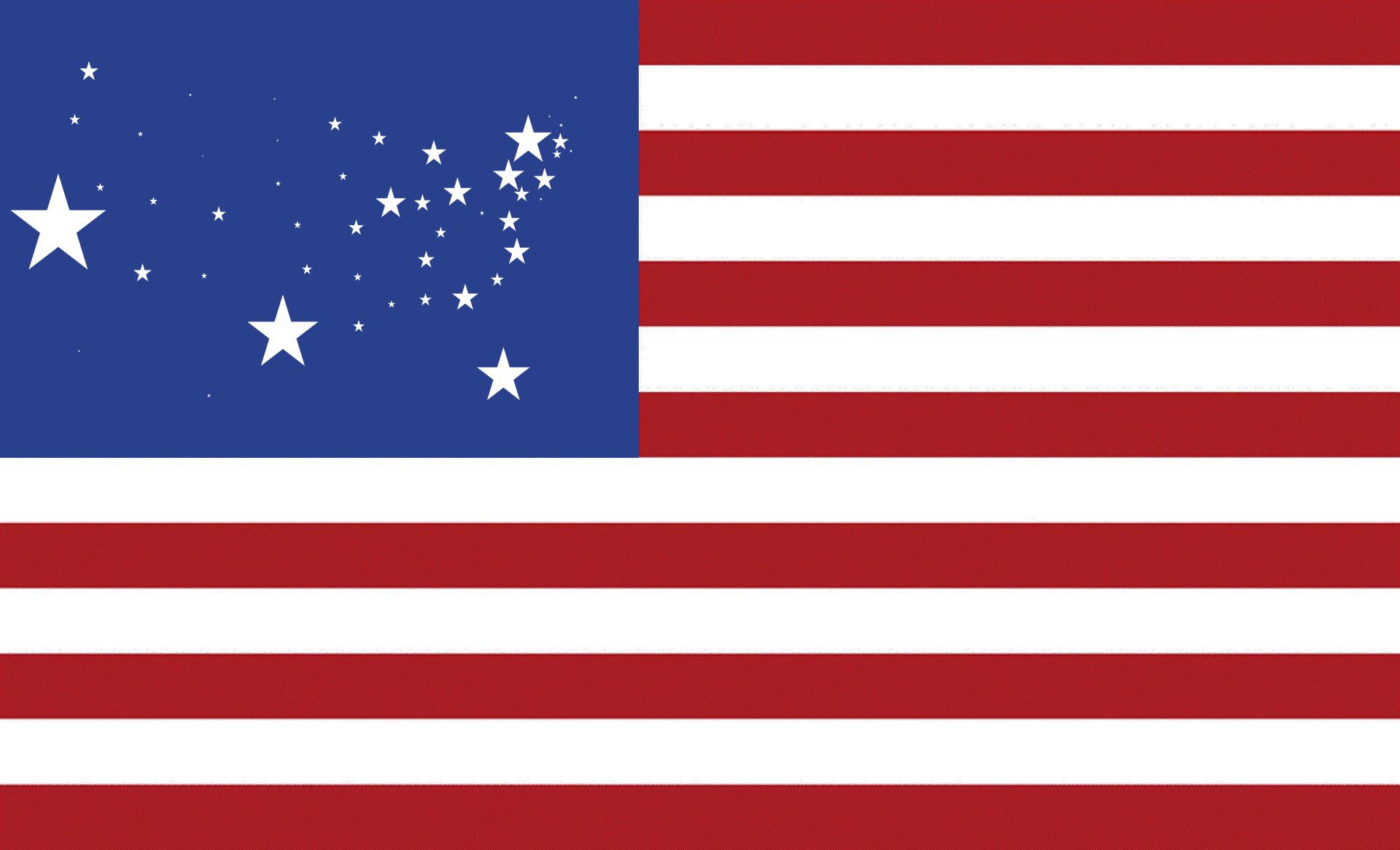Contributor(s): Shared on: Categories: Tags: | Contribute a translation | Source (English) |
|---|
|
On this day, sacred to the memory of George Washington,
we gratefully renew our loyalty to our nation,
of which he was the foremost founder. | |
We rededicate ourselves
to the cause of national freedom,
a cause to which he remained steadfast
through peril, hardship, treachery, and disaster,
until victory was won
and the new nation safely launched. | |
God, grant that this day arouse in us
the will to make of this nation
the best that it can become,
to justify the faith which the Founding Fathers reposed in it. | |
May the ample resources
with which nature has blessed our country
nurture a nation of men and women
strong,
self-reliant,
generous,
and free. | |
May the government
which its people set up
ever protect their liberties,
advance their welfare,
shield them against disloyalty from within
and aggression from without.
May it establish just and friendly relations
between us and all the other peoples of the world. | |
May the citizens of our country
ever live together in mutual trust and good will.
May they know the joy of creative labor
in farm and in workshop,
in studio and laboratory.
Be theirs a religious faith
free from bigotry and superstition,
a piety that cherishes all things good and gracious
which glorify the Source of all life.
Amen. |
This closing prayer for Washington’s Birthday was first published in The Faith of America: Readings, Songs, and Prayers for the Celebration of American Holidays (Jewish Reconstructionist Foundation 1951), p. 51. I have replaced archaisms in this prayer (thee, thy, thou, etc.) and made other related changes. –Aharon Varady Source(s)
Dr. John Paul Williams (1900-1973) was chairman of the department of religion at Mount Holyoke College. In 1946, he served as president of the National Association of Biblical Instructors (now known as the American Academy of Religion). He wrote What Americans Believe and How They Worship (1952, revised 1962) containing the chapter "Judaism -- the Mother Institution." Together with Rabbi Mordecai Kaplan and Eugene Kohn he co-authored the anthology of civic prayers, Faith in America (1951). Eugene Kohn (January 26, 1887 - April 1, 1977) was an American Reconstructionist rabbi, writer and editor. Born in Newark, New Jersey he attended the Jewish Theological Seminary of America and in 1912 received ordination. It was here that he met Rabbi Mordecai Kaplan who taught him homiletics. Between 1912 and 1939 he served as a congregational rabbi in Conservative synagogues in the U.S. states of Maryland, New Jersey, New York, Wisconsin and Ohio. He also served as the president of the Rabbinical Assembly 1936-1937. He played a central role in the Reconstructionist movement. He edited its journal The Reconstructionist and, alongside Kaplan and Ira Eisenstein, edited The New Haggadah (1941), The Sabbath Prayer Book (1945) and The Reconstructionist Prayer Book (1948). Alongside Jack Cohen, Eisenstein and Milton Steinberg he was one of Kaplan's main disciples. Mordecai Menahem Kaplan (June 11, 1881 – November 8, 1983), was a rabbi, essayist and Jewish educator and the co-founder of Reconstructionist Judaism along with his son-in-law Ira Eisenstein. Aharon Varady (M.A.J.Ed./JTSA Davidson) is a volunteer transcriber for the Open Siddur Project. If you find any mistakes in his transcriptions, please let him know. Shgiyot mi yavin; Ministarot naqeni שְׁגִיאוֹת מִי־יָבִין; מִנִּסְתָּרוֹת נַקֵּנִי "Who can know all one's flaws? From hidden errors, correct me" (Psalms 19:13). If you'd like to directly support his work, please consider donating via his Patreon account. (Varady also translates prayers and contributes his own original work besides serving as the primary shammes of the Open Siddur Project and its website, opensiddur.org.) Read a comment / Leave a comment (moderated) Works of related interest: |












Leave a Reply